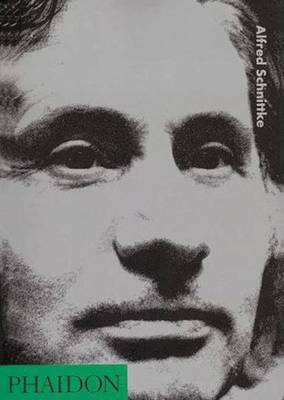
- Retrait gratuit dans votre magasin Club
- 7.000.000 titres dans notre catalogue
- Payer en toute sécurité
- Toujours un magasin près de chez vous
- Retrait gratuit dans votre magasin Club
- 7.000.0000 titres dans notre catalogue
- Payer en toute sécurité
- Toujours un magasin près de chez vous
34,95 €
+ 69 points
Description
This biography of the Russian composer Alfred Schnittke (b.1934) presents a fascinating portrait of a man whose musical output is inextricably linked to the strictures of life in the former Soviet Union. For most of his adult life in Russia Schnittke's music was powerfully shaped by the frustrations of the Soviet period and he reacted strongly against the ideology of the era. His symphonies lie arguably at the end of the Germanic symphonic tradition, yet each represents a new concept of the genre for the twentieth century. His works reveal the influence of Shostakovich among others, but remain strongly original. Each of his compositions can be understood primarily to offer a unique synthesis of many different influences and styles. The author gives a detailed discussion of Schnittke's music and theories, arguing that the various stylistic elements in his works - his polystylism - may be perceived as part of a new, more universal language.
Spécifications
Parties prenantes
- Auteur(s) :
- Editeur:
Contenu
- Nombre de pages :
- 240
- Langue:
- Anglais
- Collection :
Caractéristiques
- EAN:
- 9780714831695
- Date de parution :
- 25-09-96
- Format:
- Livre broché
- Format numérique:
- Trade paperback (VS)
- Dimensions :
- 155 mm x 219 mm
- Poids :
- 625 g

Les avis
Nous publions uniquement les avis qui respectent les conditions requises. Consultez nos conditions pour les avis.






